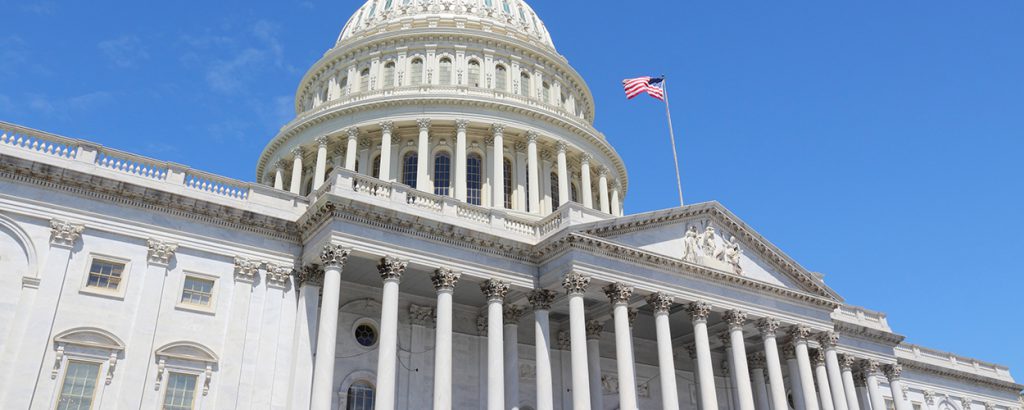This website uses cookies so that we can provide you with the best user experience possible. Cookie information is stored in your browser and performs functions such as recognising you when you return to our website and helping our team to understand which sections of the website you find most interesting and useful.
Business News Legal
Congressional review of the DMCA asks whether the American safe harbour needs reforming
By Chris Cooke | Published on Monday 17 February 2020

The first of eight hearings on America’s Digital Millennium Copyright Act took place in US Congress last week, with the senators Thom Tillis and Chris Coons leading a review of the 1998 legislation. They are considering whether it needs reforming given all the subsequent changes and evolutions in all things digital and internet that have happened since.
According to IP Watchdog, Tillis himself observed: “In those early days of the internet, Congress wisely recognised [that] the ability of individuals to post anything they wanted online would raise a lot of new and complex, arguably difficult legal questions”. But, he added, “almost everything has changed in the last 22 years and law simply hasn’t kept pace with technology”.
From a music industry perspective, the most interesting element of these Congressional discussions – of course – is the copyright safe harbour contained within the DMCA and whether it could and should be reformed. Obviously, as far as the music community is concerned, the safe harbour definitely should be reformed, in particular increasing the liabilities of user-upload platforms like YouTube.
Last week’s hearing involved various lawyers and academics who were pretty much split on the issues, with half reckoning that the DMCA does a good job of balancing the rights of copyright owners and technology platforms, while the other half argued it was time for some reform.
Some did basically endorse the music industry’s arguments, ie that there are platforms and technologies invented since 1998 that claim safe harbour protection but which couldn’t have been envisaged as being beneficiaries when politicians first came up with the concept in the 1990s. And also that the courts have incorrectly interpreted elements of safe harbour in landmark cases, so that the responsibilities of technology companies have been set too low.
But some of the common arguments against reforming safe harbour and increasing the liabilities of tech companies were also presented. In particular, that new rules designed to increase the liabilities of the likes of Google and Facebook could have a much bigger impact on smaller online platforms, which risks increasing the market dominance of the tech giants.
Two of those presenting also suggested that the much talked about ‘value gap’ which, the music industry argues, is caused by the exploitation of safe harbour by companies like YouTube, could actually be countered via competition law rather than by “weaponising copyright”.
The next of these Senate hearings on the DMCA next month will specifically look at how copyright law has evolved in other countries, which will likely mean lots of talk about the safe harbour reform contained within the European Copyright Directive, and whether the US should or should not be influenced by any of that.
Given the music business would very much like those particular reforms extended beyond Europe, the industry’s lobbyists will be watching these debates closely. Not because they will necessarily result in any imminent changes to American law, but because they will reveal what arguments the other side in the debate are most likely to rely on, and may give some indication on what kind of support there might be for reform of the American safe harbour in Washington.





